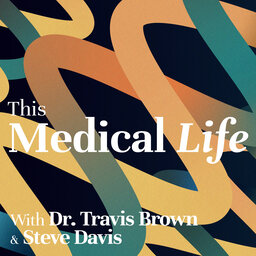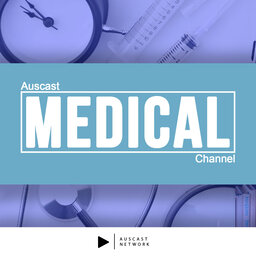Episode 53: Chronic Traumatic Encephalopathy (CTE) | The Disease, Part 1
In 2005, Dr Bennet Omalu would publish a report in the United States on the autopsy brain findings of a former professional footballer from the NFL. His conclusion was the former athlete suffered from Chronic Traumatic Encephalopathy (CTE); a disease caused by repeated brain injuries most likely due to sport. The response was swift and severe claiming that the findings were incorrect, the conclusions erroneous, and a retraction of this report was demanded.
Surprisingly, this was not the first time medical literature has noted the link between sport, repeated head injuries and brain damage. The first publication was written in 1928 by Dr Harrison Martland who was the Chief Medical Examiner of Essex County in New Jersey. Harrison performed hundreds of autopsies on people with head injuries including boxers. He noted twenty-three examples of boxers with permanent brain damage that he called ‘punch drunk’. Other researchers found this was not limited to boxing but other contact sports such as football. Later, this condition became known as ‘Dementia pugilistica’.
This disease has surged into the spotlight in the last decade due to a number of high-profile athletes who have been diagnosed with CTE. Unfortunately, both professional and amateur athletes are at risk. This condition also greatly impacts the family and friends of those who suffer from it. However, a great deal of misinformation also exists about the risks and causes of this disease. These two episodes (of which this is part 1) are designed to explain what we know, what we don’t, and what can be done about this debilitating condition.
This is the story of CTE, part 1.
** Please note: General Practitioners in Australia, will be able to claim 2.25 CPD points after listening to this episode and part 2. Full details and registration on our GP CPD Points page.
Our special guests:
Renee Tuck – sister of Shane Tuck who was a professional footballer in the Australian Football League (AFL) playing 173 games and a brief career as a boxer. Later in Shane’s career, he suffered from mental health issues and in July 2020 took his own life. Shane was diagnosed with a severe form of CTE. He was only 38 years old.
Associate Professor Michael Buckland – Head of the Neuropathology department at Royal Prince Alfred Hospital, founder and director of the Australian Sports Brain Bank (ASBB), co-director of the Multiple Sclerosis Australian Brain Bank, and Head of the Molecular Neuropathology Program at the Brain & Mind Centre.
Associate Professor Linda Iles – Head of the Forensic Pathology Services at the Victorian Institute of Forensic Medicine (VIFM). VIFM is in partnership with the ASBB to send brain specimens for further examination/analysis for suspected CTE or other neurodegenerative diseases.
This Medical Life podcast is available on all podcasting services and Spotify. Help support us at https://www.patreon.com/ThisMedicalLife
In 2 playlist(s)
This Medical Life
Welcome to the This Medical Life podcast. Our mission is to share stories about the triumphs and tra…Social links
Follow podcast
Recent clips
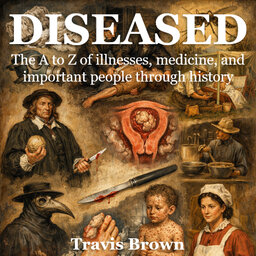
Episode 93: Return of TML | Diseased
15:19
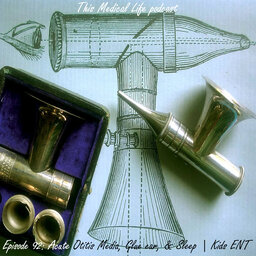
Episode 92: Acute Otitis Media, Plus Glue Ear, Plus Sleep | Kids ENT
44:38
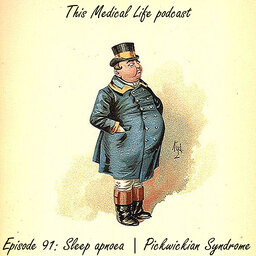
Episode 91: Sleep Apnoea | Pickwickian Syndrome
1:11:39
 This Medical Life
This Medical Life